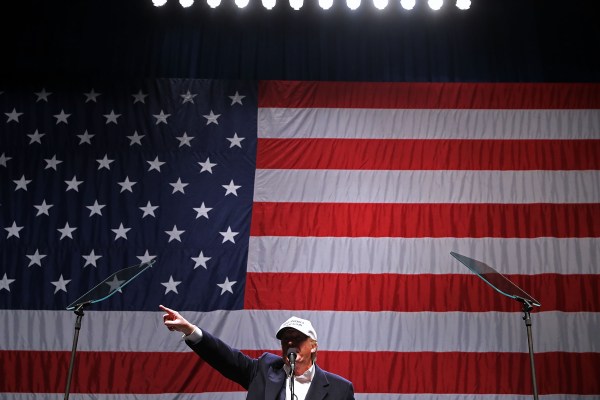Coming to the U.S. on a work visa is getting harder across the board, but workers from India in particular are feeling the effects of recent policy shifts from the Trump administration. A new report from the National Foundation for American Policy sheds light on how the “Buy American and Hire American” executive order from April 2017 has impacted H-1B applicants in the last year. The H-1B visa, popular in Silicon Valley, lets skilled foreign workers live and work in the U.S. for a six year term.
For the three months period starting in July 2017, H-1B denial rates went from 15.9% to 22.4%. In the same time period, Requests for Evidence seeking additional documentation in the fourth quarter of 2017 nearly equaled the total amount of Requests for Evidence from the year’s other three quarters combined (63,184 and 63,599 requests, respectively).
Drilling down, workers from India appear to be the most affected. From July to September 2017, U.S. Citizenship and Immigration Services (USCIS) demanded additional documentation from 72% of Indian H-1B applications, compared to the 61% rate of other countries considered together. During that same three month period, 23.6% of Indian applications were rejected, up from 16.6% between April and June 2017.
“The increase in denials and Requests for Evidence of even the most highly skilled applicants seeking permission to work in America indicates the Trump administration is interested in less immigration, not ‘merit-based’ immigration,” the report adds.
“… U.S. Citizenship and Immigration Services has enacted a series of policies to make it more difficult for even the most highly educated scientists and engineers to work in the United States.”
In January, rumors of a ban on H-1B extensions for green card applicants had H-1B workers nervous. In June, new rules shortening visas for Chinese STEM students went into effect. While China only accounted for 9.4% of total H-1B visa applications in the 2017 fiscal year compared to India’s whopping 76%, the Trump administration will likely continue to tighten immigration policies targeting China as it obsessively tries to turn the screws on its perceived trade nemesis.
